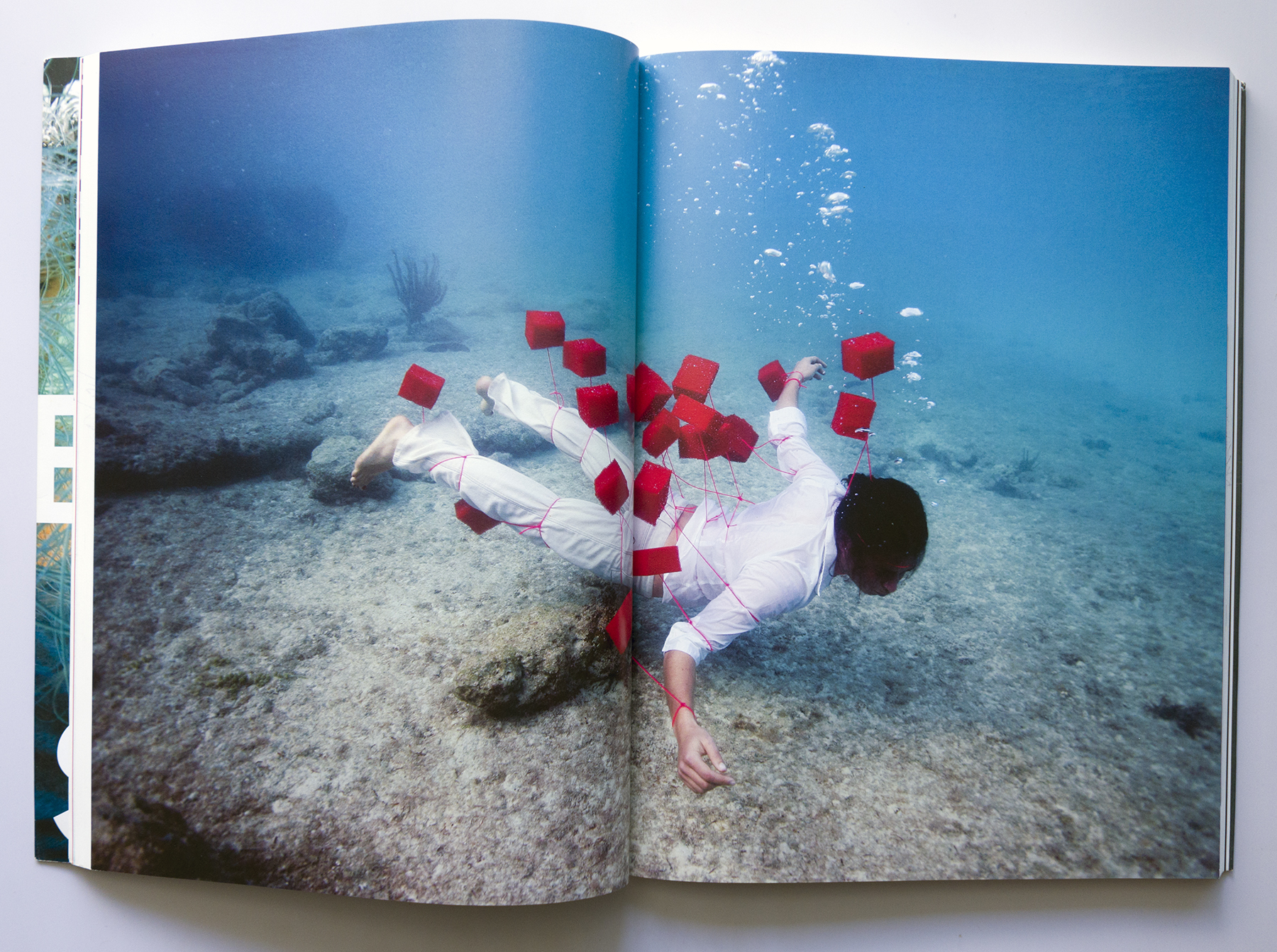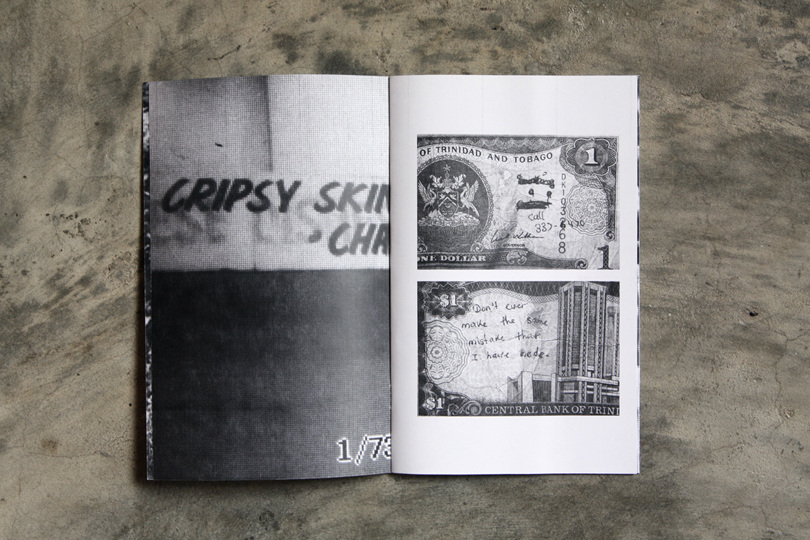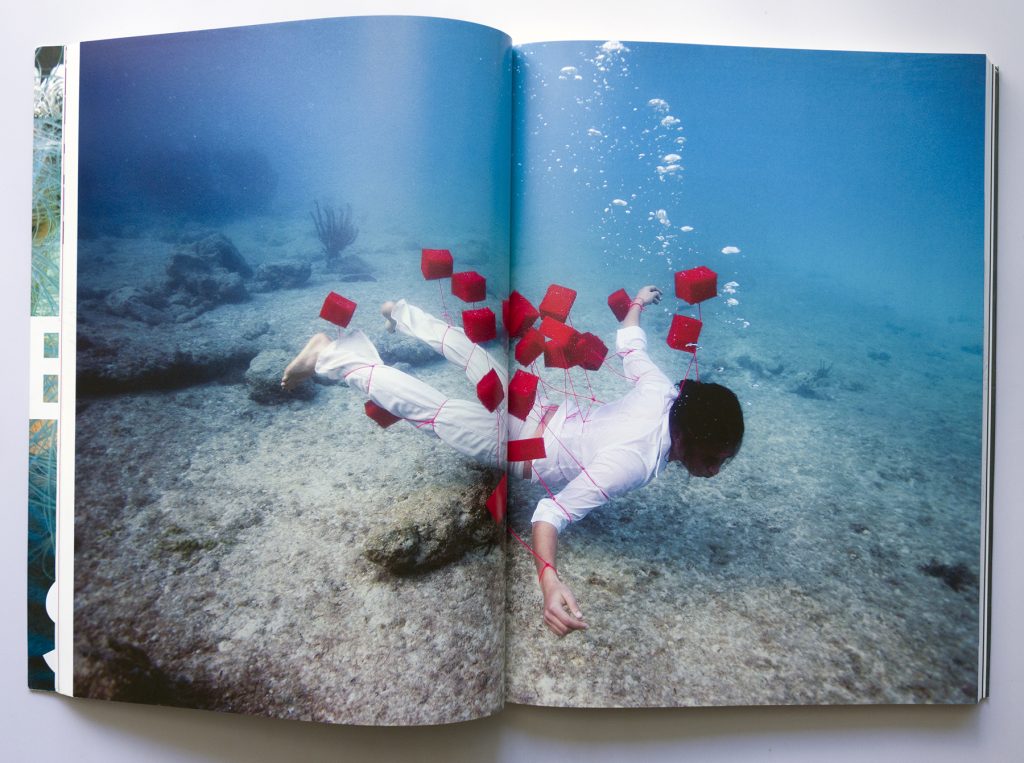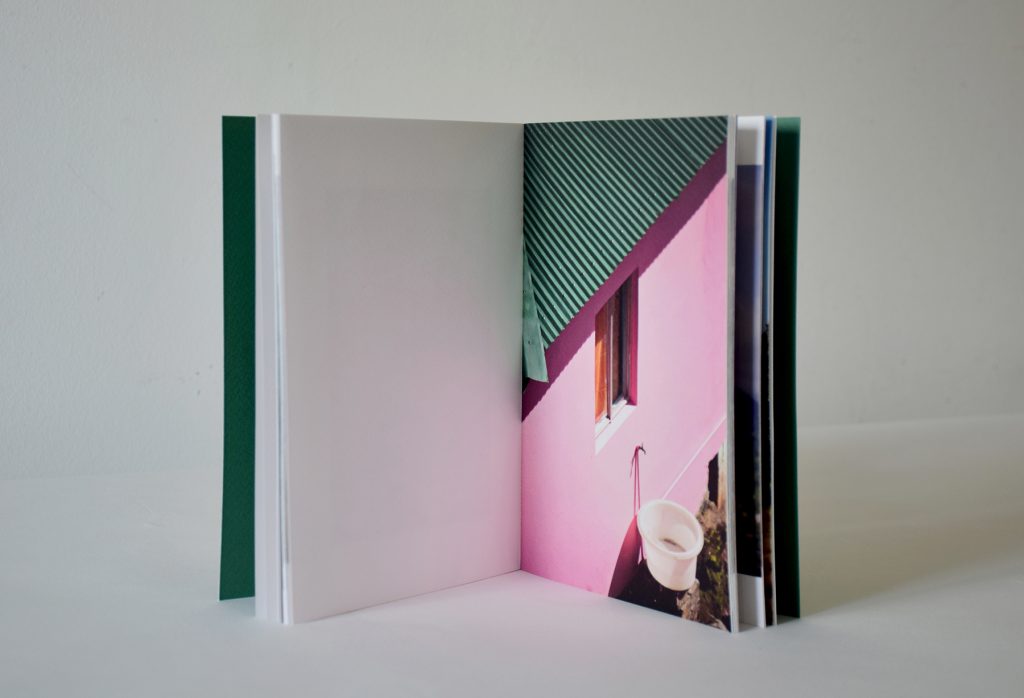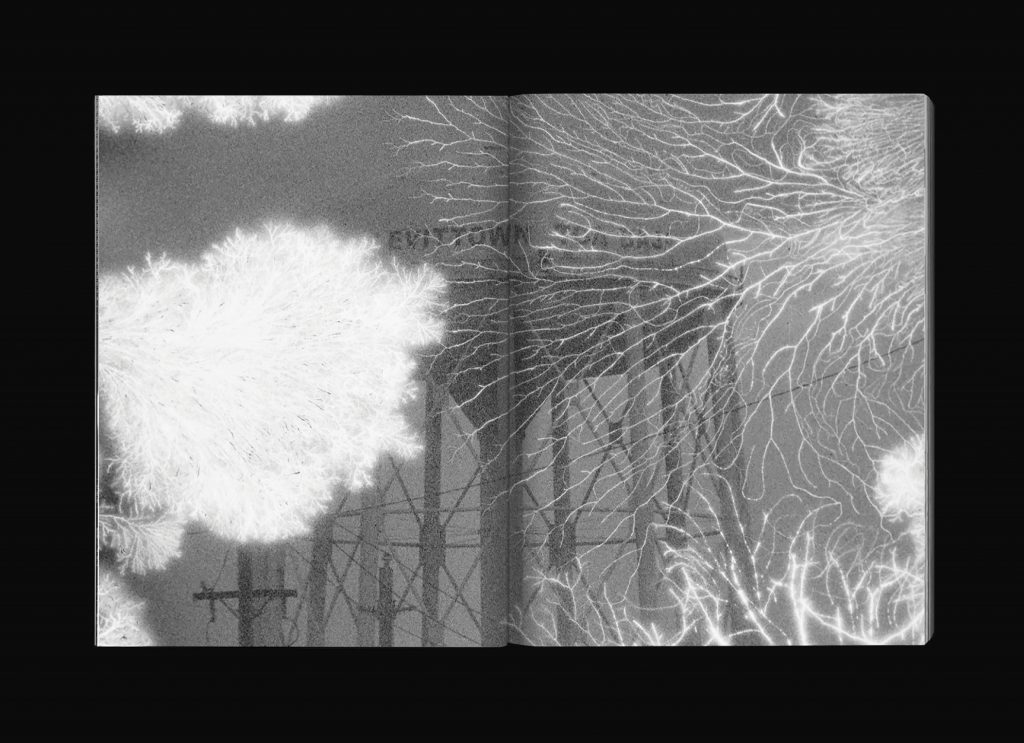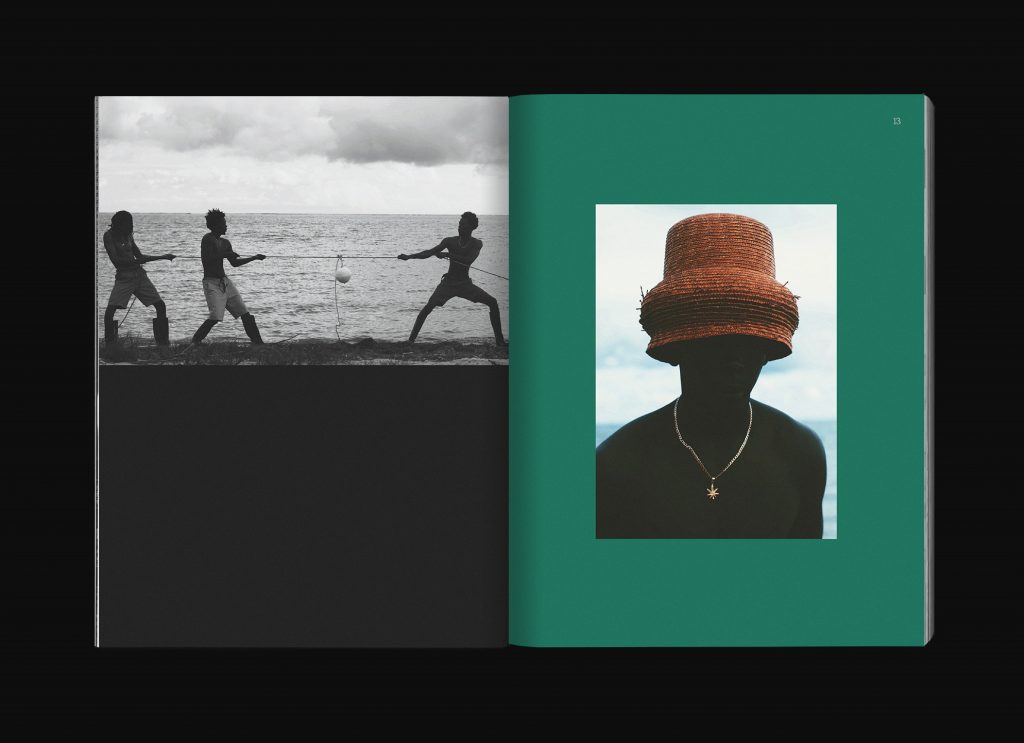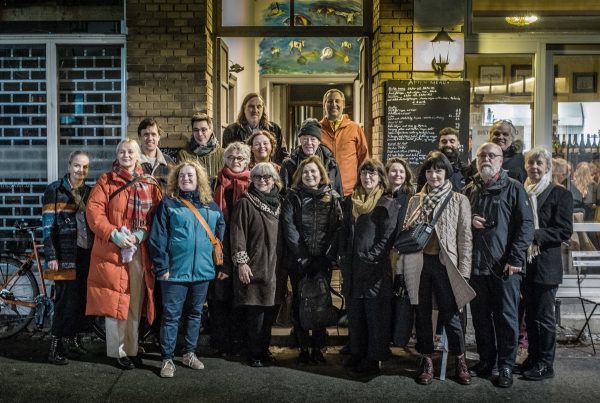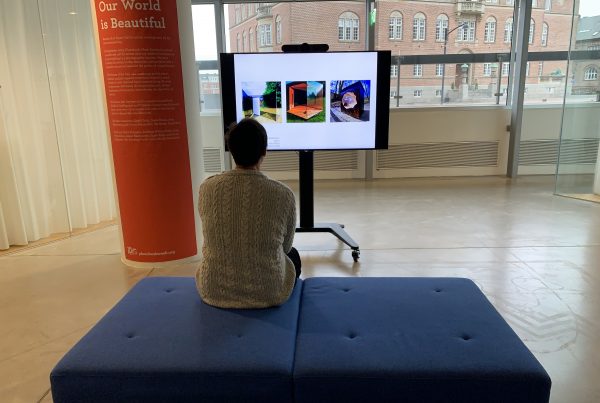Curated by Nadia Huggins
In the Caribbean, photography has been used as a means to present the region for tourism consumption since the late nineteenth century. Images of the Caribbean have been filtered through the colonial, imperialistic lens of the Spanish, French, British and Dutch. The Eurocentric gaze often manipulates images to glorify notions of paradise; it exoticises the creolisation process that has shaped – and is shaping – Caribbean society and people; and it fetishises lived realities.
The Caribbean region has long been a space of resistance to colonial self-interest and ethnocentrism. The Eurocentric histories either ignore this resistance, or present it as minor footnotes, focusing solely on violent resistance. The European Industrial Revolution – hailed as the vanguard of modernity, technological advancement and enlightenment – was fueled by the enslavement of people, and the exploitation of Caribbean lands. The imagery that emerged from the Caribbean, particularly through photography, largely ignored resistance (and reality) in favour of something more placid: a paradise peopled with good-natured stock, ready (and happy) to serve, rather than the self-actualised, creolised offspring of human beings who suffered – and who emerged out from – under the worst impulses of colonial expansionist ideals, and who are still in the process of fine-tuning their cultures and societies.
Access to more formal means of printing has varied throughout the region, as has availability of resources. This has given rise to artists creatively utilising various formats of printed materials.This exhibition seeks to invite the viewer to reimagine and recontextualize the image of the Caribbean, through the diverse printed matter produced by various contemporary artists from the region and its diaspora. The exhibition will showcase photobooks, zines, exhibition catalogues and pamphlets from throughout the region. These printed materials, because of their provenance, redirect the gaze towards a more authentic Caribbean and, through reclamation, reframe the standard Eurocentric narratives. This is just one of the many forms of resistance in which the Caribbean has been consistently engaged throughout its history.
The “remix” culture of the Caribbean, which encompasses everything from Carnivals, to music production, to language, is one arm of the creolisation that began when Europeans arrived in the 15th century. It implies the many processes involved in the formation of contemporary Caribbean society through creolisation. Touching on various themes, from dancehall to hurricanes to the modernization of indigenous peoples, this exhibition will present a range of issues and ideas with which contemporary artists are grappling.These explorations are evidence of the ongoing, evolving cultural resistance that is baked into Caribbean society. These are cultural artefacts, showcasing the post-colonial experiences of the region, through the gaze of the decolonised.
Volume 03 – In Defense of Paradise, Forgotten Lands. 2021
Volume 03 – In Defense of Paradise, Forgotten Lands. 2021
Archives No 1, Nadia Huggins, Au Courant. 2021
Pictures from Paradise: A Survey of Contemporary Caribbean Photography. Robert & Christopher Publishers. 2012
Mordern Range, Rodell Warner. 2011
Nadia Huggins was born in Trinidad and Tobago and grew up in St. Vincent and the Grenadines, where she is currently based. A self-taught artist, she works in photography and, since 2010, has built a body of images that are characterized by her observation of an interest in the everyday. Her work merges documentary and conceptual practices, which explore belonging, identity, and memory through a contemporary approach focused on re-presenting Caribbean landscapes and the sea.
Nadia’s photographs have been exhibited in group shows in Canada, USA, Trinidad and Tobago, Jamaica, Barbados, Ethiopia, Guadeloupe, France, and the Dominican Republic. In 2019, her solo show Human stories: Circa no future took place at Now Gallery, London UK. Her work forms part of the collection of The Wedge Collection (Toronto, Canada), The National Gallery of Jamaica (Kingston), and The Art Museum of the Americas (Washington DC, USA). Nadia was selected for the New York Times Portfolio Review (2018), and her work has been included in several publications, including A to Z of Caribbean Art. She was the co-founder of ARC Magazine and One Drop in the Ocean – an initiative that aims to raise awareness about marine debris.

